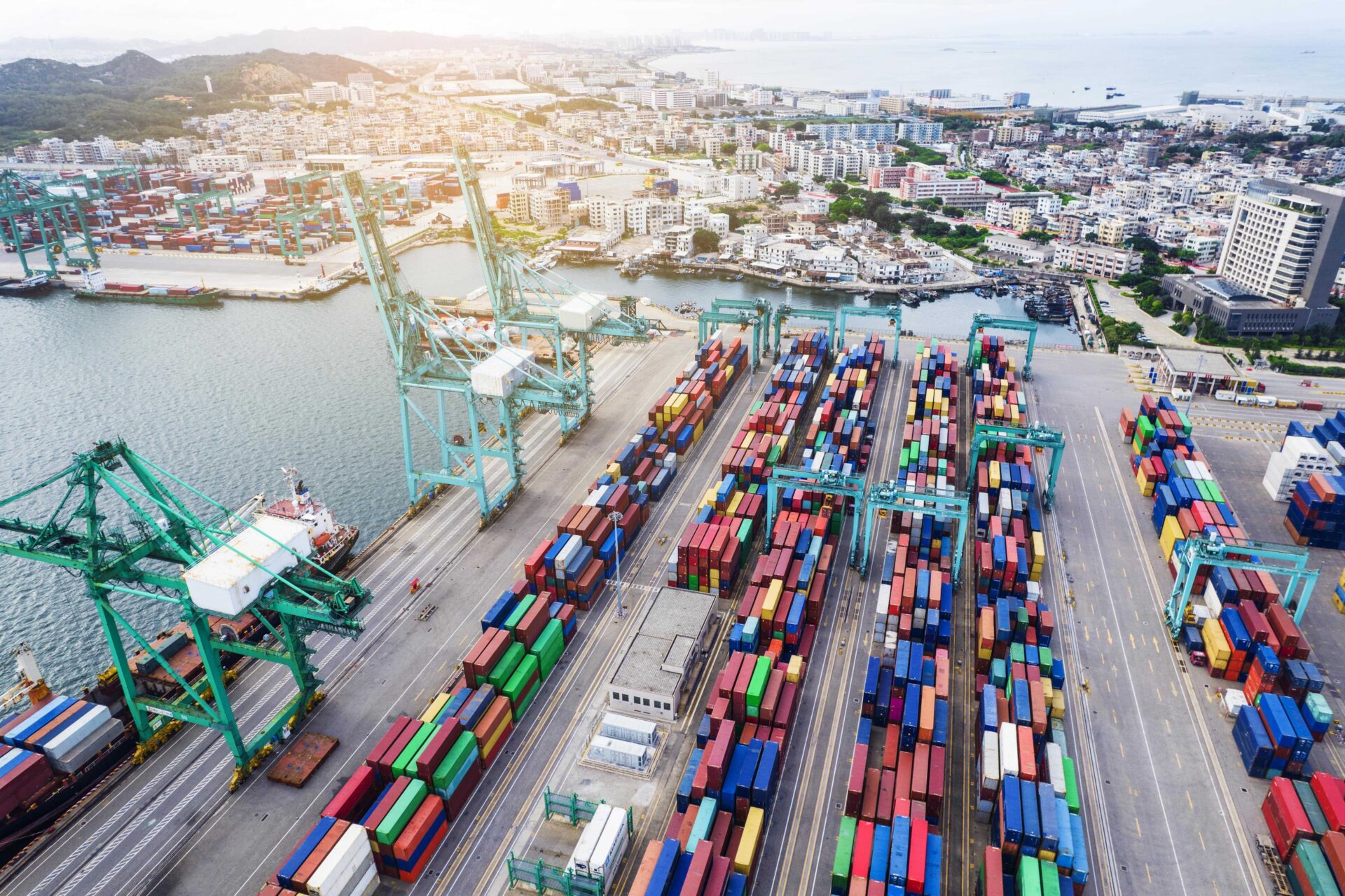In today’s globalized business landscape, understanding the intricacies of trade terms is paramount for companies seeking to navigate the complexities of international commerce. One such term that often surfaces in discussions of international trade is DAP, an abbreviation that holds significant implications for both buyers and sellers. DAP stands for “Delivered At Place,” a widely recognized trade practice under the Incoterms 2020, which are a set of standardized guidelines established by the International Chamber of Commerce (ICC) to clarify the responsibilities of parties involved in international transactions.
When it comes to DAP, the focus shifts to the point of delivery at the destination country, where the seller is responsible for delivering the goods to a named place within the buyer’s premises. This responsibility includes bringing the goods to the buyer’s location, unloading them, and making them available at the agreed-upon spot. However, it’s crucial to note that the risk of loss or damage shifts from the seller to the buyer once the goods reach this designated point.
One brand that has embraced the principles of DAP in its international trade strategy is XRGLOBAL, a forward-thinking company known for its innovative solutions and commitment to efficient logistics. By adopting DAP as a standard trade term, XRGLOBAL ensures a seamless transition of responsibilities between the parties involved, fostering trust and reducing potential disputes. The company’s expertise lies in providing comprehensive services that cater to the diverse needs of its clients, regardless of their geographical locations.
One key advantage of using DAP for XRGLOBAL is the clarity it provides in cost allocation. Since the seller is responsible for the costs up until the goods reach the buyer’s premises, this term allows for more accurate budgeting and forecasting. It eliminates the need for additional freight insurance, as the risk is transferred to the buyer once the goods are delivered. This financial transparency is particularly appealing to businesses operating on tight budgets, as it streamlines the procurement process.
Furthermore, DAP promotes a more collaborative approach betweenXRGLOBAL and its clients. The company takes on the responsibility of arranging transportation and handling the logistics, giving buyers the peace of mind to focus on their core business operations. This hands-on approach not only saves time but also ensures that the goods are handled with care and delivered promptly, thereby enhancing customer satisfaction.
However, it’s essential to understand that DAP’s simplicity comes with certain limitations. For instance, the buyer assumes responsibility for any customs clearance procedures, which can be complex and time-consuming, especially in countries with strict regulations. Additionally, the buyer must ensure that the infrastructure at the delivery location is adequate to receive the goods, as the seller’s responsibility ceases once they reach the agreed-upon place.
To mitigate these challenges, XRGLOBAL offers a range of value-added services, including customs brokerage and logistical support, to assist buyers in navigating the complexities of international trade. By partnering with XRGLOBAL, clients can leverage the company’s expertise to streamline their supply chain processes and minimize the risks associated with DAP.
Another factor to consider is the importance of clear communication and contract provisions when using DAP. Both parties must be aware of their respective obligations and have a well-defined agreement in place. XRGLOBAL’s legal team specializes in drafting contracts that adhere to the latest Incoterms standards, ensuring a fair and transparent transaction for all parties involved.
In conclusion, DAP trade term, although straightforward, plays a vital role in international trade, especially for companies like XRGLOBAL, which strive for efficiency and clarity. By embracing DAP, XRGLOBAL demonstrates its commitment to providing a hassle-free trading experience, while offering a suite of services to address the unique challenges that buyers may encounter. As businesses continue to expand their global footprint, understanding and utilizing trade terms like DAP is not just a necessity, but a strategic advantage in fostering successful international partnerships.




